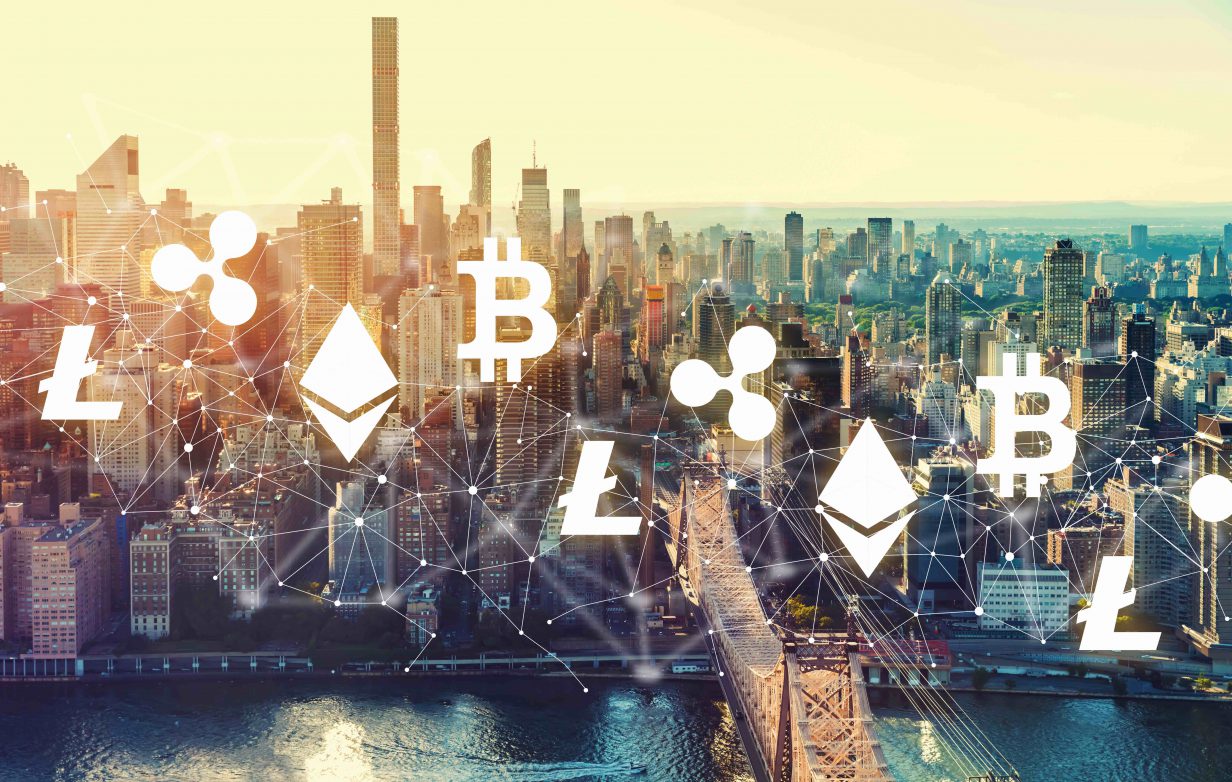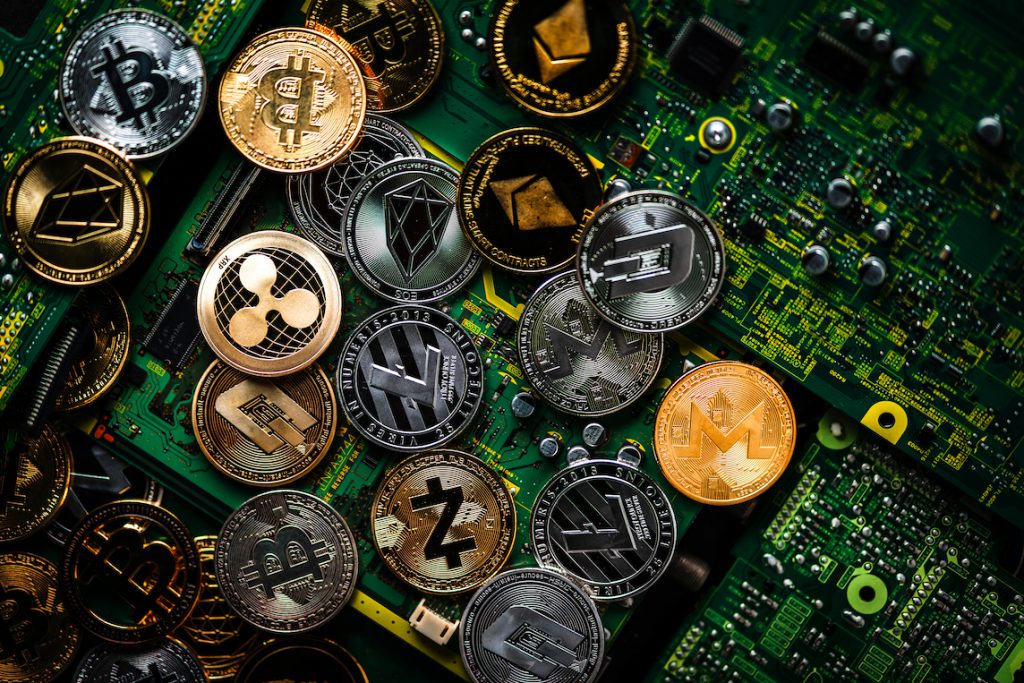
4.1 What is Decentralised Finance (DeFi)?
Imagine a world where our traditional bank services as we know them today, adopt decentralised technologies such as Blockchain, well that is exactly what Decentralised Finance is. DeFi is the simplified name and there are a number of organisations and individuals who have created a community to provide alternatives to all our current financial services that use decentralised technology. Many of these services being evolved will include some you are familiar with and use on a daily basis. Savings, checking your accounts, loans, asset trading and insurance are just a few popular services but there are also many more.
Over the years developments have supported almost every financial sector and we are now in a position where we have more DeFi apps than ever. The DeFi applications and the DeFi platform itself has been saving many businesses and customers a large amount of time and money.
As a sector, DeFi offers extremely low barriers to entry because it functions without gatekeepers. Therefore, it is possible for anyone to develop a DeFi application and make it accessible for anyone and everyone. Further to this, anyone can make use of DeFi Dapps available, you can use any of the DeFi Dapps out there without asking for anyone’s approval. Consequently exposing the main difference to the traditional finance sector, as there are a large number of hurdles that have to be achieved before participating in the global economy.
What are DeFi loans?
DeFi loans are a great opportunity for users to make money on their crypto assets. Unfortunately, you don’t gain interest when you hold crypto assets in a wallet (unlike traditional finance accounts). The value of your assets may increase and decrease with the markets; however, you won’t actually earn anything for owning your crypto assets. But you can earn money by loaning your crypto assets to someone else and gaining interest from the borrower as a payment for lending your assets. It’s the exact same method that banks use to earn money but not everyone can be accepted for a bank loan (making it very difficult). Whereas DeFi loans allow anyone to become a lender giving more people opportunities to get a DeFi loan.
DeFi loans are not a direct agreement/transaction between two individuals, there are a variety of ways you can process a DeFi loan. The main way you can set up a DeFi loan is by using a lending pool, and this is the same as a loan office that you would find at a traditional bank.

What are flash loans?
We are all aware that the biggest risk with loans are that the borrower may not always have the funds to pay back the loan they have taken out. In an ideal world we would like to lend money and void the risk of the borrower not paying us back. The ideal world we desire is possible with blockchain-based flash loans.
A flash loan is only valid within one blockchain transaction. If the borrower does not repay the debt, the flash loan will fail. Borrowers have until the transaction ends to pay back the loan otherwise the entire transaction falls through and the loan isn’t processed. Assets used to fund flash loans are taken from a publicly funded smart contract pool. The technology behind Blockchain makes flash loans possible, because a transaction on the Blockchain can be reverted at any point, and this is actioned the moment it is recognised that the repayments have not been made.
Who can apply for a DeFi loan?
Whilst DeFi loans are proving to be a very exciting concept for the future of finance, it is still worth highlighting that they do offer some significant barriers to entry for the average user. To partake in a DeFi loan users must be a regular user of both MetaMask and they must have a record of exchanges where they have purchased and/or transferred cryptocurrencies to their personal wallet (which is where they would obtain the loan).
Furthermore, it is worth noting that to process a DeFi loan you are required to offer 1.5x the amount of the desired amount in collateral. So if you wanted to take a loan out of £100 worth of BTC, you would need to provide £150 worth of collateral goods.
Do you want to know more about the future of Finance?
Decentralised Finance has been explored and explained in just one blog post but do feel free to reach us on our Social Media channels to ask further questions or request additional information. We are extremely excited about our next blog content topic because we know it is a popular conversation across the globe. Stay tuned for new content about Cryptocurrencies, you do not want to miss it!
No Comments